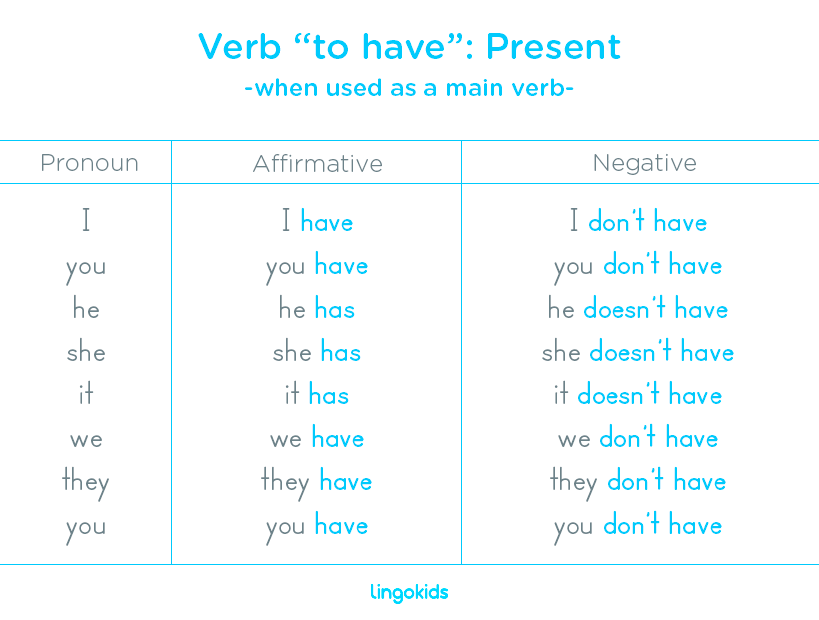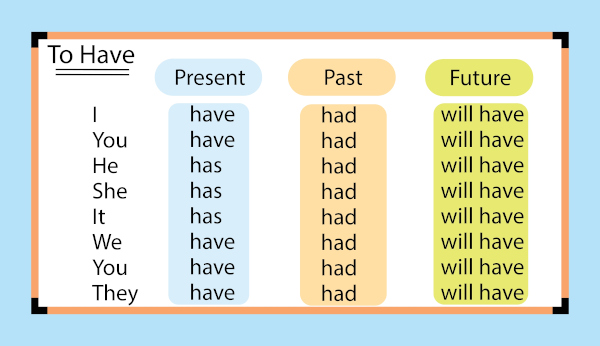Connecting with others in a different tongue can be a truly rewarding experience, especially when it involves sharing moments of pure delight. It’s a wonderful feeling to express wishes for someone’s good time or to talk about enjoying yourself in a new language. For many, this means finding the right words to convey simple, happy thoughts, like telling someone to have fun in Spanish, or explaining how you enjoy something yourself. This simple phrase opens up a whole way of communicating cheerfulness, which is quite important when you are trying to make friends or connect with family members who speak a different language, that is.
Perhaps you have family members, like a brother, living in a place where Spanish is spoken, say Mexico, and you are starting to chat with them in their language. You might find yourself remembering bits and pieces from old classes, feeling a bit out of practice, almost like your language skills are slightly rusty. This feeling is common, and it’s actually a pretty good sign that you are ready to pick things up again. It shows a willingness to bridge communication gaps, and honestly, that desire to connect is a strong motivator for getting back into language practice, you know?
When you want to express these feelings, whether it’s saying "I hope you have fun in Spanish" or "I want to have fun in Spanish," having reliable ways to look up these phrases makes a big difference. Tools that offer various ways to say something, complete with examples and even how it sounds, are incredibly helpful. They allow you to move past just translating words and really start to grasp the feeling behind the phrases, which is sort of the heart of truly speaking a language, isn't it?
Table of Contents
- What Does "Have Fun" Mean in Spanish?
- Is It Possible to Have Fun Learning Spanish?
- Why Do Language Skills Get Rusty?
- Wishing Someone Well - "Be Safe and Have Fun" in Spanish
What Does "Have Fun" Mean in Spanish?
When you want to tell someone to "have fun" in Spanish, there are a few ways you can put it, and the best choice often depends on the situation. It’s not always a word-for-word swap, which is a pretty common thing in languages, you know. Sometimes, the way a phrase is used gives it its real meaning, more so than the individual words themselves. Looking at several reliable ways to say "have fun" can really help you pick the right one. These different ways often come with example sentences, which show you how people actually use the phrase in everyday talk, and that's incredibly helpful, in a way. You might also find recordings of how these phrases sound, which is great for getting your mouth around the words and speaking them clearly, you see.
How Can You Express "I Have Fun" in Spanish?
Saying "I have fun" is a little different from telling someone else to have fun. It’s about describing your own experience, your own enjoyment of something. Just like with the general phrase, there are typically a few good ways to express this in Spanish. For instance, you might use a certain verb that shows you are enjoying yourself, or a phrase that talks about having a good time. It’s very useful to see these options laid out, along with sentences that show them in action. This helps you get a feel for which one fits what you want to say about your own good times. And honestly, hearing the sounds helps you speak with more confidence, too it's almost like a little boost.
Wanting to Have Fun - How to Say "I Want to Have Fun" in Spanish?
Then there’s the idea of expressing a desire to have fun in Spanish. This is about looking forward to something, or stating your intention to enjoy yourself. It’s a common thing to say, whether you’re planning a trip, a get-together, or just a relaxing afternoon. There are typically a number of good ways to put this across in Spanish. Each one might carry a slightly different feeling, perhaps a bit more casual or a little more formal, depending on the words chosen. Checking out several reliable versions, complete with sentences that show them in real use, can help you pick the one that feels right for your situation. Hearing how these phrases are spoken is also a really good way to learn them, naturally.
Is It Possible to Have Fun Learning Spanish?
Many people wonder if learning a language can actually be enjoyable. When it comes to Spanish, it truly can be a fun and effective process. The best ways to learn often combine different elements that keep you interested and help you remember what you’ve picked up. This means looking at the rules of the language, building up your list of words, and practicing how to say things out loud. When these parts are put together in a way that feels good, it helps people reach their learning goals. It’s not just about memorizing; it’s about making the learning experience something you look forward to, which is pretty important, you know.
How Do You Wish Someone to Have Fun in Spanish?
Wishing someone a good time is a kind and thoughtful gesture, and knowing how to do this in Spanish is a valuable skill. For example, if your brother is studying in Mexico, you might want to tell him "I hope you have fun in Spanish" when he goes out. There are a few different phrases you can use for this, and each one might fit a slightly different moment or relationship. Some might be more direct, while others are a bit softer. Looking at several ways to express this wish, complete with how they are used in full sentences and how they sound when spoken, helps you choose the most fitting expression. It really makes a difference in connecting with people, you see.
What About Having Fun Together in Spanish?
Sometimes, the joy is in sharing an experience with others. When you want to talk about "having fun together" in Spanish, there are specific phrases that convey this sense of shared enjoyment. It’s about more than just one person having a good time; it’s about a group of people enjoying something as a unit. Finding the right words for this can be very helpful when you are making plans with Spanish-speaking friends or family. You might find a couple of very good ways to express this idea, and seeing how they are used in sentences helps you understand the right context. Hearing the words spoken also helps you say them correctly, which is really quite useful.
Why Do Language Skills Get Rusty?
It’s a common experience for language skills to feel a bit rusty after a while, especially if you haven't been using them regularly. For instance, if you finished your Spanish courses a few years ago and haven't spoken much since, it’s completely normal for the words and grammar rules to feel a little distant, like they are just out of reach. This happens because language, like any skill, needs regular practice to stay sharp. Without that constant use, the connections in your mind that help you recall words and form sentences can weaken slightly. It’s not a sign that you’ve lost the language, just that it needs a little dusting off, which is actually pretty common, as a matter of fact.
How Can You Get Back to Having Fun with Spanish?
Getting back into a language after a break can feel like a big step, but it’s often easier than you think, and it can certainly be a lot of fun. If you’re feeling rusty, like with your Spanish after a few years, a good way to start is by finding a reason to use it, perhaps talking with a brother studying in Mexico. Online tools that offer lessons focusing on grammar, words, and how to say things can be very helpful. They provide a clear path to getting your skills back in shape. The idea is to make the learning process something you look forward to, not a chore. When you enjoy what you are doing, you tend to stick with it, and your skills come back much faster, you know. I’m pretty sure you will be back to speaking Spanish with ease after a bit of practice.
Wishing Someone Well - "Be Safe and Have Fun" in Spanish
When someone is going on a trip or heading out for an adventure, it’s natural to want to wish them well, hoping they stay out of harm's way while also enjoying themselves. The phrase "be safe and have fun" carries both of these wishes. In Spanish, there are typically a few ways to convey this dual message. It’s a thoughtful thing to say, showing you care about their well-being and their happiness. Finding reliable translations for this kind of expression, along with sentences that show how they are used, is very helpful. And hearing how the words are spoken allows you to deliver the message with the right tone, which is quite important for genuine communication, naturally. These resources can really help you express these good wishes clearly.
The journey of speaking Spanish, whether it’s for talking with family or just for your own interest, can be very rewarding. Knowing how to say things like "have fun," "I have fun," "I want to have fun," or "I hope you have fun in Mexico," helps you connect with people and express yourself. Using tools that provide different ways to say phrases, along with example sentences and audio, really helps you understand and use the language. Even if your Spanish feels a little out of practice, there are ways to get back into it and make the learning process enjoyable and effective. It's about finding the right ways to practice and making sure you have good resources to guide you.



